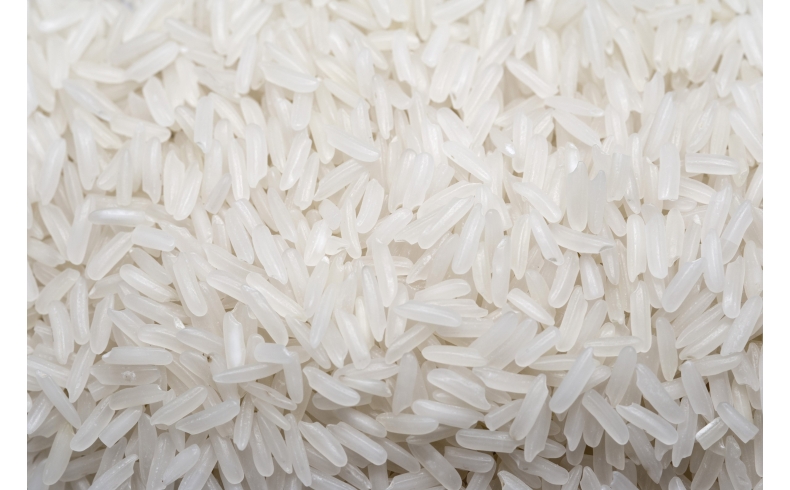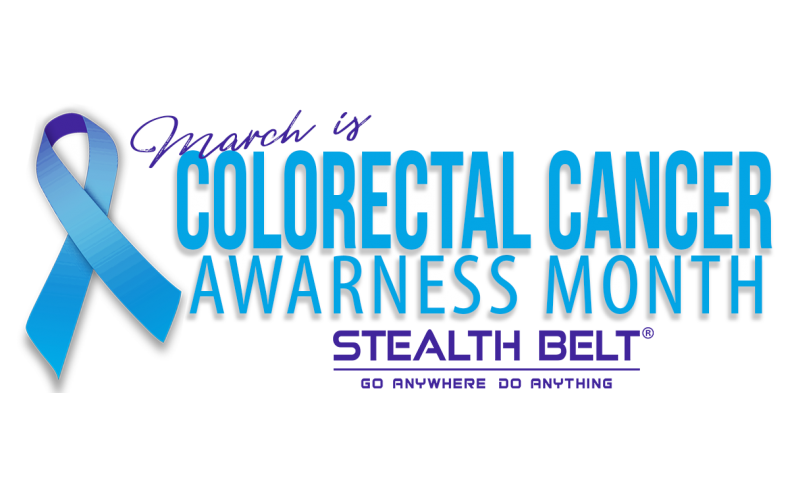Hydration + Diet
-
4 Steps For Transitioning Off A Low Residue Diet
By Stealth Belt, March 21, 2018A low residue diet is typically prescribed following bowel surgery as a means to “rest” the bowel and allow for recovery. Low residue foods are foods that contain next-to- no fiber, as the fiber can obstruct and/or irritate the intestinal tract. However, this diet is also lacking in nutrition, which is why it is meant to be only temporary. So, how do you transition off of the low residue diet safely?
-
Do You Know What You Are Missing?
By Stealth Belt, March 14, 20182012, once I was home and well on my way to recovering from bowel surgery, I was struck by one
overwhelming question—what absorbs where? You see, after several years competing in endurance
sports, I knew that the primary role of my colon was the absorption of water and with that came key
minerals, particularly electrolytes. So, I obsessed. If I am missing my colon, will I always be deficient in electrolytes? And, if that was true, then what else should I be concerned about? -
Ensure Optimal Nutrition for Post-Operative Recovery
By Stealth Belt, March 06, 2018Following bowel surgery, particularly in the case of an ostomy, your surgeon will prescribe a Low Residue Diet for six to twelve weeks (maybe longer depending on your unique situation). A Low Residue Diet is essential in order to “rest” the bowel and allow for unencumbered recovery of the GI tract.
-
Colorectal Cancer Awareness Month (Part. 1)
By Stealth Belt, March 01, 2018Hello! My name is Trish. In 2012, I was diagnosed with stage-4 colon cancer. I was 46 years old at the time and (I thought) in perfect health. That is, until I wasn’t.
-
Hydration Tips for Ostomates: Boston Marathon Finisher and Stealth Belt VP, Collin Jarvis
By Stealth Belt, July 25, 2017Learn about how surgery affects hydration, why hydration is so important, how to effectively hydrate throughout the day, and which hydration supplements work best in order for me to run 100 miles per week with an ostomy






